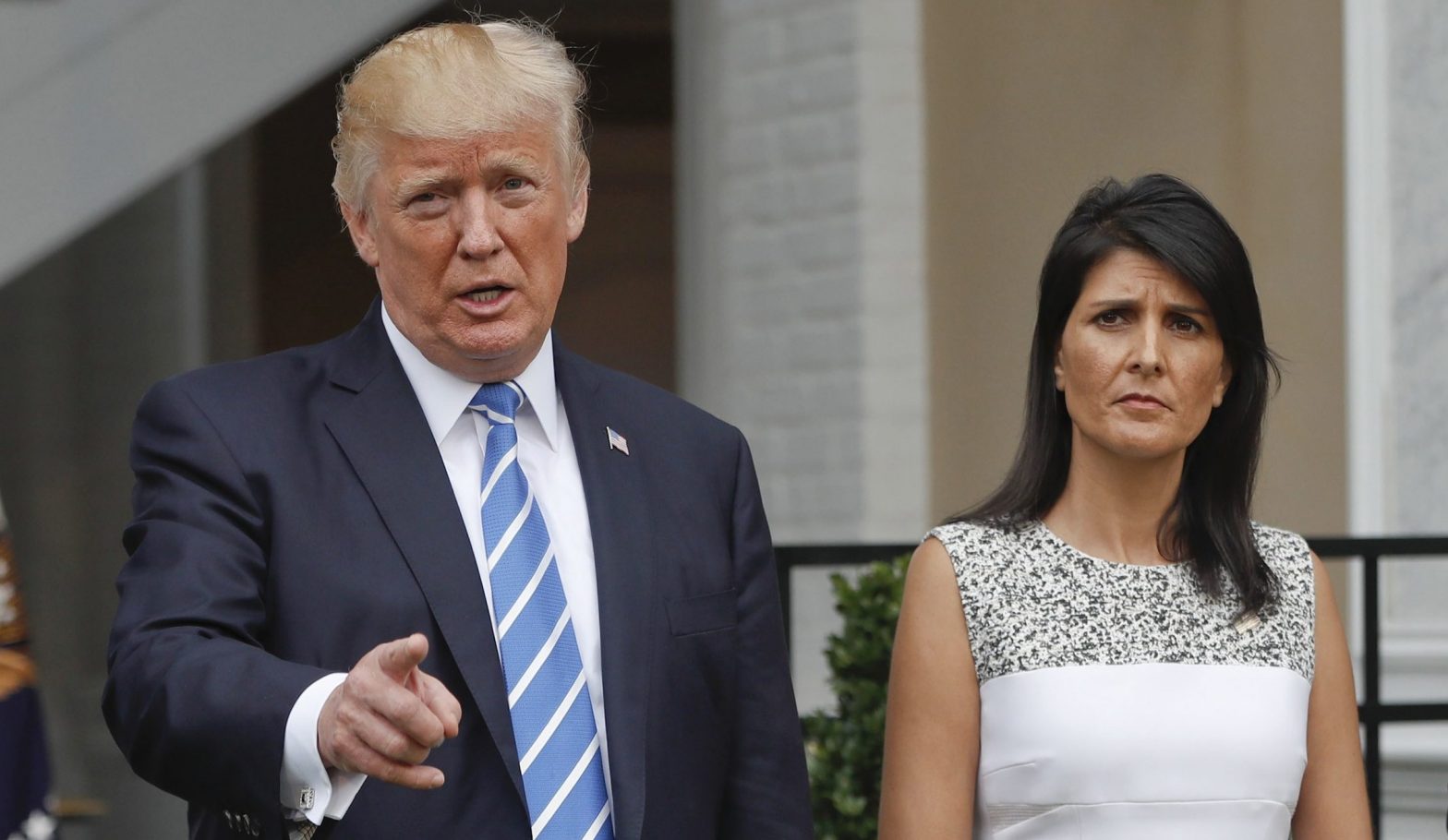Indignation, anger, and distress swirled around the Trump Administration’s decision to withdraw the United States from the United Nations Human Rights Council. Citing political bias against Israel, U.S. Ambassador Nikki Haley attempted to justify the withdrawal. Critics, however, claim the decision is unequivocally detrimental to international human rights. Although I agree that the administration’s decision is morally objectionable, I do not think this decision will fundamentally alter U.S. policy on international human rights. Contrary to decades of American rhetoric placing humanitarian rights at the heart of U.S. foreign policy, the United States has categorically held its political and economic interests above those of humanitarianism and morality.
America’s inconsistent dedication to human rights extends to international political institutions beyond the United Nations. Although the United States helped draft International Criminal Court procedures, the U.S. has actively worked against the ICC in its endeavor to fight war crimes. Bill Clinton’s Foreign Relations Authorization Act of 1999 prohibited U.S. financial support of the ICC and the surrender of U.S. citizens to any country that might try them before the tribunal. A policy of stymying the prosecution of war crimes continued under George W. Bush with the American Service-members Protection Act of 2002, which was designed to protect U.S. military personnel and government officials from prosecution by the ICC. Despite U.S. UNHRC membership during these years, American policy reneged on its promise to defend human rights on the global stage.
By continuously blocking the ICC, vetoing UNHRC and UN Security Council measures against Israel, and supporting regimes like Saudi Arabia and Bahrain, the United States has made it clear to the international community that it never intended to uphold a commitment to human rights. One might point to public statements from U.S. officials condemning oppression in places like Iran and Eritrea as example of its concern for the violation human rights. However, selective humanitarianism is inherently unhumanitarian. Humanitarianism is driven by a fundamental sense of universal human value. Ignoring the plight of certain groups in favor of others is an affront to the ideals of human rights. This selective liberalism carried out by the United States is thus deeply unhumanitarian.
Critics think Haley’s announcement marks a departure from America’s ostensible commitment to defend human rights. However, in reality it reveals how American rhetoric about freedom and democracy functions as a façade for imperialist and geopolitical calculations. The United States, for example, condemns Assad’s security forces in Syria for killing civilians, but does not condemn Nigerian security forces for doing the same. The difference between these two situations lies in U.S. dependence on Nigerian oil, which complicates America’s humanitarian promises.
The media should focus on the Trump administration’s revival of the gag rule as a more concrete departure from traditional American international policy. Blocking aid to organizations that also provide abortion deprives poor people around the world of reproductive care, as well as many other health services unrelated to abortion. The lack of coverage on this issue is alarming, for it represents a very serious threat to the health of women and impoverished people, and to the stability of communities around the world.
To respond to Haley’s justification for leaving the UNHCR, I think the UNHCR’s so-called bias against Israel is nonexistent. As a human rights committee, criticisms of Israeli policy are in line with many guidelines on human rights law and theory. A human rights body decrying violence against unarmed people and investigating abuses in what many consider to be an illegal occupation is not acting with bias, it is being fair to its role in the international community.
The Trump administration withdrew not merely from a deliberative body, but from a crucial international symbol of justice. Although I believe this will likely not reap any extreme changes in American policy on human rights issues, it is still disappointing that Haley and the Trump Administration seem to be scaling back the American performance of humanitarianism.

